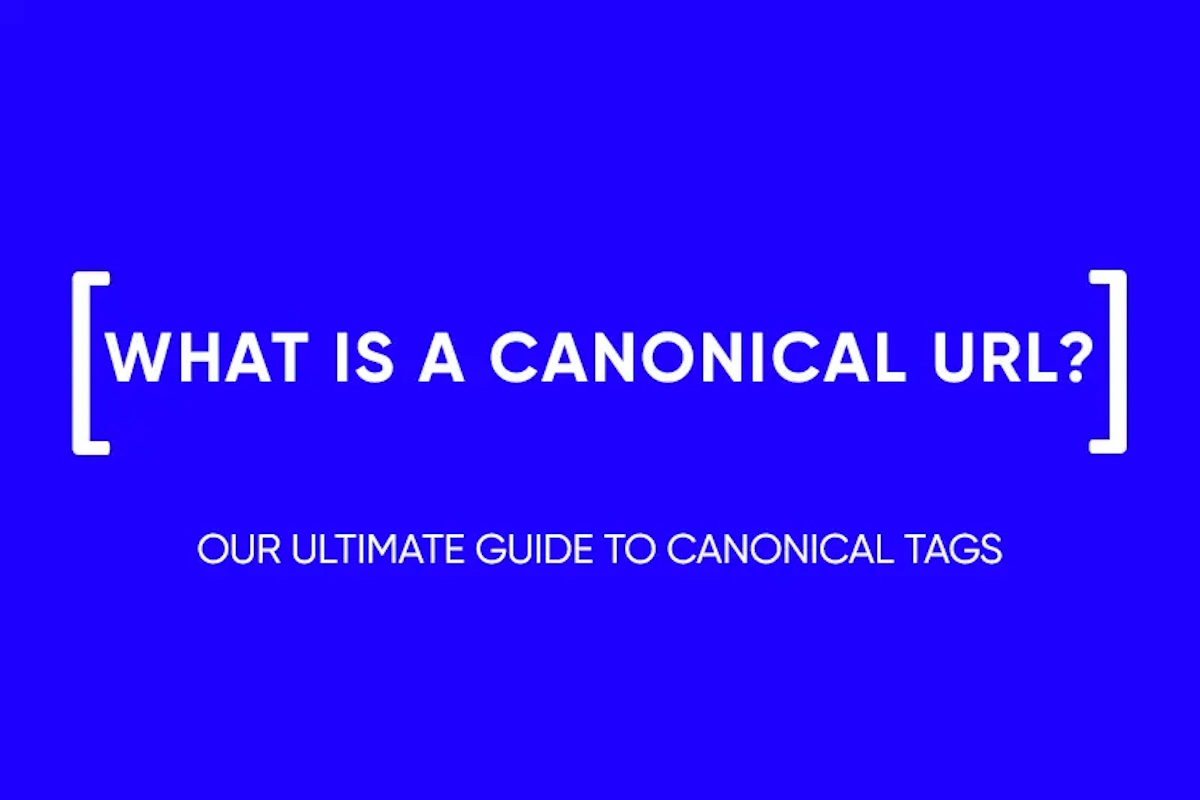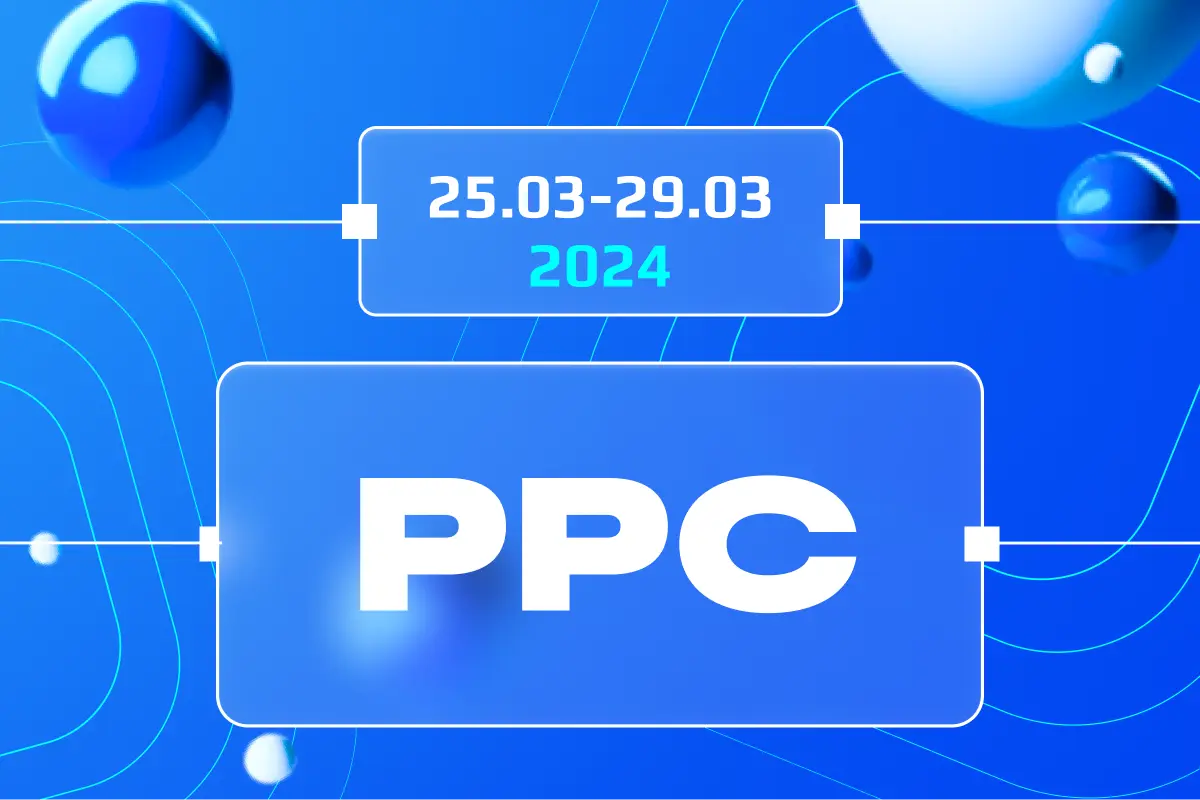Meta’s Strategic Pivot: A New Direction for User Engagement
Meta is strategically adjusting its sails, steering towards a more unified and less divisive user experience by reducing the visibility of political content across its platforms. This move, heralded by Instagram’s Adam Mosseri, signifies a pivotal shift towards entertainment over engagement in political discourse. Users now face an opt-in model for political content, marking a significant departure from the algorithm-driven feeds of the past. This change underscores a broader trend within social media marketing, where visibility now hinges on user preferences rather than algorithmic whims.
Impact on Social Media Marketers
The implications for marketers are profound. Meta’s nuanced approach means that while followers of specific profiles will continue to see content as usual, the likelihood of stumbling upon political posts through recommendation engines like Explore or Reels will diminish unless explicitly desired. This delineation between chosen content and recommended content places a greater emphasis on user agency, challenging marketers to navigate these waters carefully to maintain reach.

Account-Level Considerations for Content Creators
Moreover, Meta’s announcement introduces an account-level consideration for political content, suggesting that even occasional political posts could impact overall visibility. This nuanced approach adds a layer of complexity for content creators, who must now scrutinize their posts through a new lens to ensure maximum engagement.
Trending Topics and Reduced Political Content
The introduction of “Trending Topics” in Threads, juxtaposed against the backdrop of reduced political content, reveals Meta’s intent to balance user interest with engagement. This move, while seemingly contradictory, aligns with Meta’s broader goal of fostering a more cohesive community dialogue, free from the constraints of political divisiveness.
Challenges in Defining Political Content
Yet, the crux of the matter lies in Meta’s definition of political content—a definition that remains fluid and subject to interpretation. This ambiguity poses a challenge for marketers and content creators alike, who must now decipher the boundaries of political discourse within their content strategies. The impact on brands, particularly those ingrained in social advocacy, could be significant, necessitating a recalibration of how they engage with their audience.

Meta’s Response to User Feedback
Meta’s pivot is reflective of a broader user sentiment favoring less polarizing content, echoing Mark Zuckerberg’s acknowledgment of the community’s desire for a more harmonious in-app experience. This shift towards entertainment and away from political divisiveness is not just a response to user feedback but a strategic move to enhance engagement through content that unites rather than divides.
As Meta embarks on this new path, the onus is on brands and marketers to adapt, finding innovative ways to engage audiences with content that resonates beyond the political sphere. The journey ahead will be one of creativity and adaptation, as the digital landscape continues to evolve in response to user preferences and societal trends.
and stay up-to-date with the latest news about our platform and affiliate marketing.




